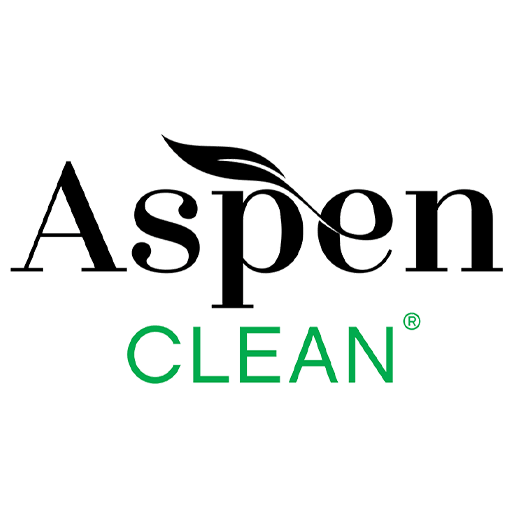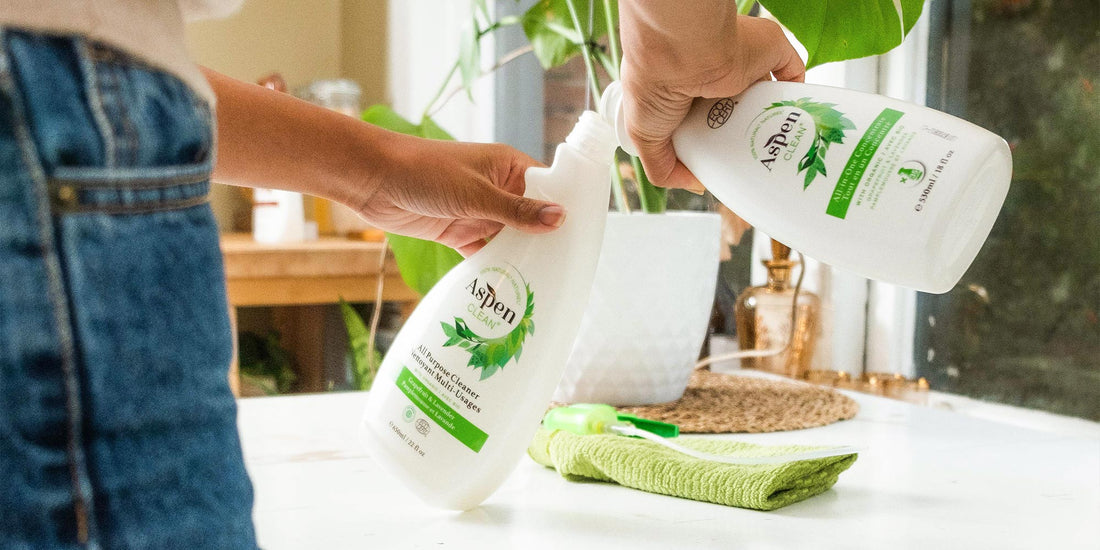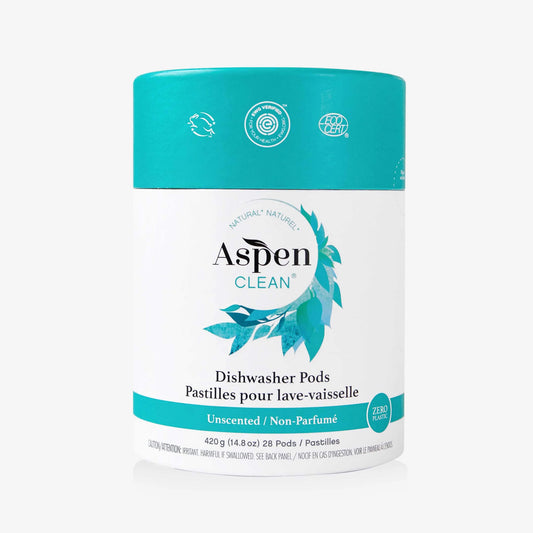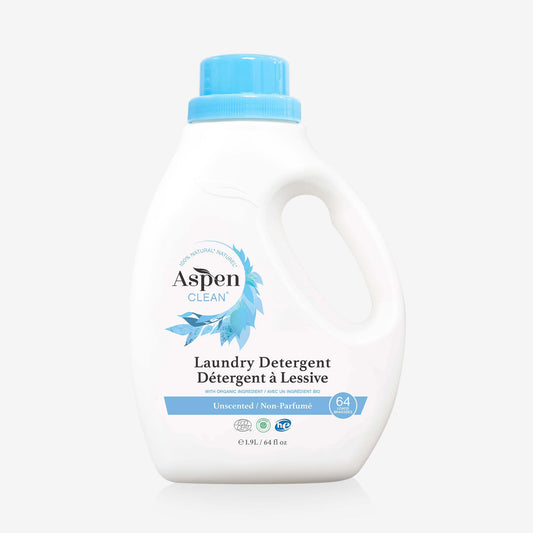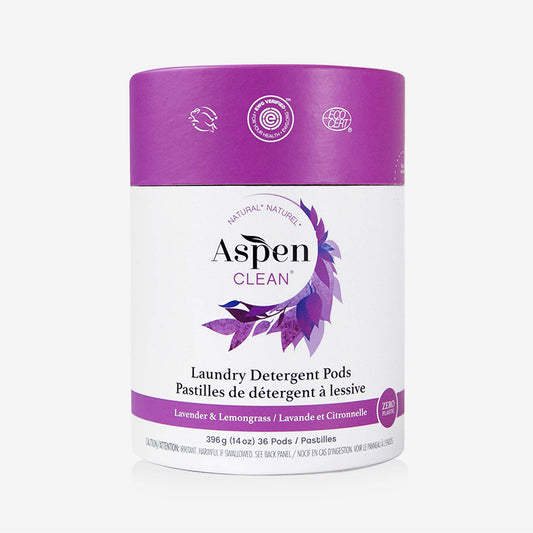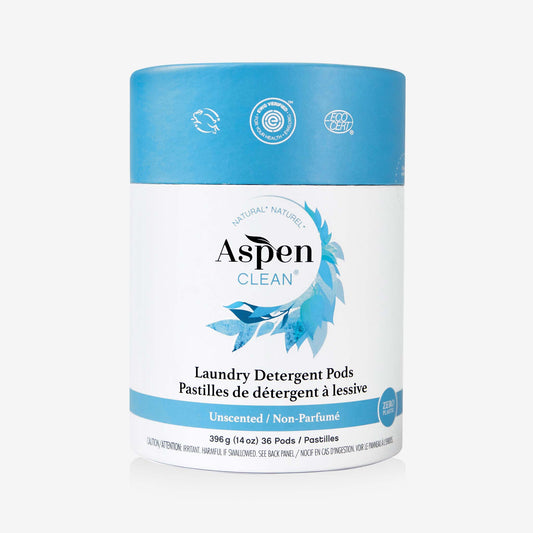It's coming up to that time of year again. That's right, it's time for the ultimate refresh - the April Spring Clean!
Spring Cleaning is a big task with many moving parts at play, which is why we're taking a moment to remember this very important factor. Our impact on the environment during these activities.
Before you start your spring clean, keep in mind these five earth-friendly spring cleaning tips that will help you minimize your ecological footprint.
1. USE WATER WISELY
Hands up anyone who has left the tap running longer than we should have...go on, we've all done it. It's a hard instinct to break when we're in the middle of a spring clean, especially in the middle of a deep clean in the kitchen for instance. If we aren’t mindful of water while we clean, then we’re likely to keep the tap running or use water inefficiently.

So why do we fall into this habit?
Potable water (or what we commonly refer to as drinking water) is a valuable resource that we often take for granted. This is because, for most Canadians, we're extremely lucky in that the immediate need to conserve water isn’t a major issue for us. However, we must remember that there are many places in the world where water is a finite resource, and we are in a position to help by doing our part. All it takes is limiting water waste and a little help will go a long way.
One of the easiest ways to save water during your spring clean is to use tubs for soaking. Yes, it's that simple.
2. USE BIODEGRADABLE PRODUCTS
There's more to being water-wise than simply using less water. The second part centers around being conscious of what drains out from our homes into the water systems. The term “water pollution” normally conjures up images of oil spills and industrial waste, but household water pollution can be just as damaging, especially if you live close to waterways.
As we're discovering more and more about our planet, it's becoming apparent just how fragile aquatic ecosystems really are, and they're especially susceptible to toxins such as those found in conventional cleaning products. Sadly, the synthetic chemicals found in these traditional products can persist in our environment for a long time.
To minimize your water pollution, look for natural cleaning products with biodegradable ingredients or products that are “septic safe”. These products will break down in septic tanks without affecting bacteria and will also break down in the environment much faster than synthetics. As a bonus, they are also much better for your home environment too. It's a win-win situation.
3. CLEAN WITH CONCENTRATES
You will undoubtedly be doing lots of spraying, wiping and washing during your spring clean and will probably need more product than usual - it's unavoidable during deep cleans. However, you can still be environmentally conscious and reduce packaging waste by buying concentrates where you can.

A good quality, all-purpose concentrate should make numerous bottles of cleaner that can clean all-around your home.
For example, the AspenClean All-In-One Cleaner Concentrate makes 35 bottles of the All-Purpose Cleaner AND it can be used on all washable surfaces! It covers the whole spectrum of cleaning tasks; diluted less to make a stronger cleaner for the kitchen; or diluted more for a streak-free glass cleaner. Don't forget AspenClean Natural Floor Cleaner Concentrate that makes 18 bottles of Floor Cleaner - all-natural & EWG Verified.
Plus, the bottle (like all AspenClean products) is made out of 100% recycled PCR plastic and is fully recyclable which limits the use of virgin plastic. Think of all that packaging you'll save.
4. USE MICROFIBER CLOTHS OR INVEST IN A WHOLE HOUSE CLEANING KIT

Another easy, eco-friendly spring cleaning switch is to clean with durable and reusable tools such as microfiber cloths.
Which would you prefer? To go through an entire roll of paper towels while cleaning your kitchen, or use a few microfiber cloths - wash them - and use them again (and again, and again).
Top tip:
We recommend washing microfiber cloths in a machine with a filter or a handy laundry bag to stop fibers from the cloths (or any synthetic clothing) from entering the environment
5. PURGE RESPONSIBLY
Spring cleaning is a great opportunity to declutter your home which is fantastic for feeling fresh but can be bad news for the environment if your clutter ends up in a landfill. So here are some tips on how to avoid that pitfall.
BEFORE YOU DECLUTTER, MAKE SURE YOU HAVE:
✔ Your compost, recycling, and general waste bins at the ready
✔ Spaces to put items that can be upcycled, reused, or donated to charity

Something to help future you... Another eco-friendly tip to keep in mind while you purge is to remember all the junk you ended up with. All this 'stuff' that you just don't need. Seeing the number of unwanted items come out of hiding can leave us bewildered. How and why did we accumulate all this? Review our tips on how to declutter and stop hoarding here.
Unfortunately, the consumerism trap is an easy one to fall into. To help you stay out of it going forwards, take a picture of the waste piles you end up with during your spring clean. This can act as a reminder of how unconscious consumption can lead to unnecessary waste.
Need help spring cleaning consciously? AspenClean offers green cleaning services that accomplish cleanliness with minimal environmental impact (or you can check our other tips on Spring Cleaning here).
